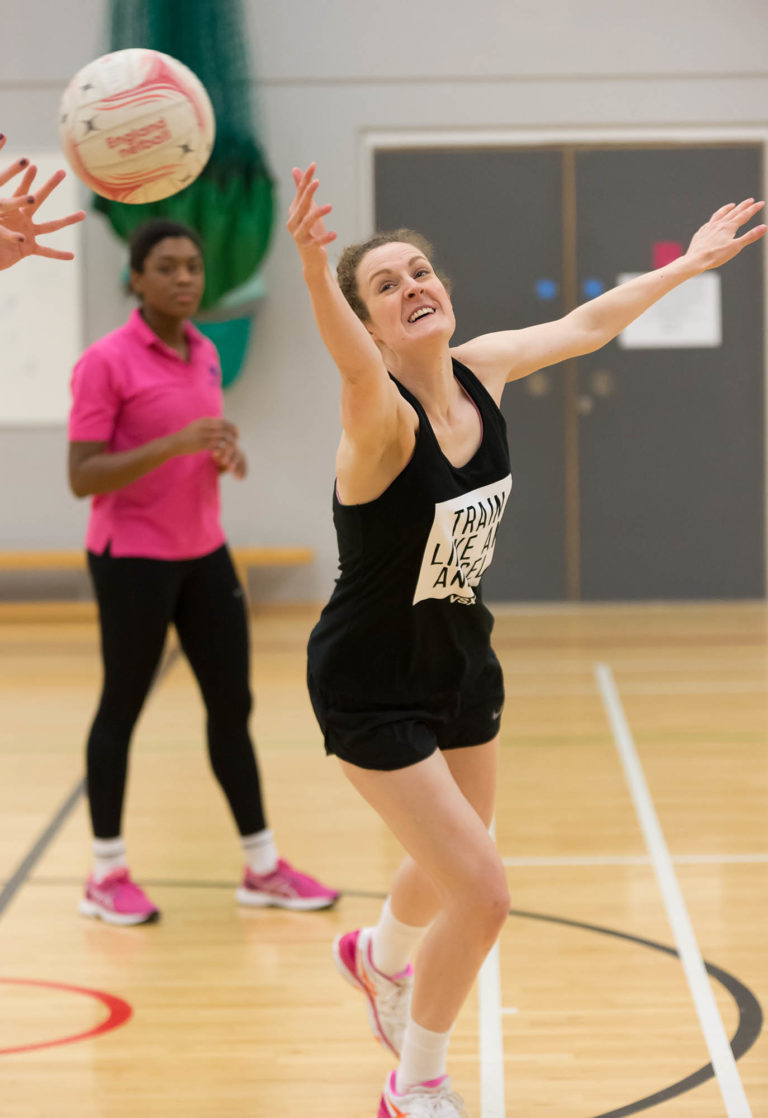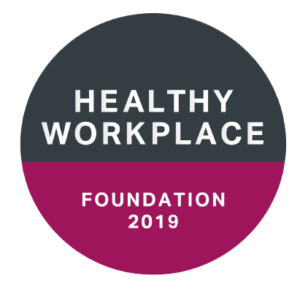This week the World Health Organisation (WHO) published a study which found that more than a billion adults around the world are at risk of serious disease through lack of physical activity.
The study was based on self-reported activity levels at work, home and during travel and leisure time. It found that more than a quarter of the global population were insufficiently active, which means they face an increased risk of a range of preventable health conditions. The research also shows that there has been little progress since 2001 (this WHO study was based on 2016 data). And as if the week couldn’t get any more depressing, Public Health England published figures which show that four in five adults in England have a “heart age” older than their actual age, which means they are at a much more significant risk of early death, most likely through heart disease or stroke. So, with all these negative reports and headlines are we fighting a losing battle? Well, to answer in football parlance we are currently 1-0 down, deep into the second half and the manager has been sent to the stand. So, why is this?
The answer, as usual is multifaceted. The WHO report suggests that there has been a failure of governments to implement policy and direct sufficient resources to make physical activity a public health priority. In England we have a swathe of reports and evidence on what we should be doing to help get people more active but are we implementing these to a sufficient degree in all sectors, or has there really been a national drive to do so? There has been much discussion in the last few years about a whole system approach to physical activity (similar to that which was developed for obesity) but for such an approach to work each part of the ‘system’ needs to be clear on what it needs to do, why it is doing it and how resources can be pooled across that system. Otherwise the system will continue to work in silos. And to be clear, this is about everyone – transport, planning, housing, health, social care, businesses, leisure, parks, public health and there are many more. On the plus side the physical activity and sport sector has started to acknowledge this and is now making efforts to bring the system together. London Sport is no different.
On September 28th London Sport will be hosting our annual engagement event at the KIA Oval. The event will feature Sir Muir Gray (University of Oxford, National Health Service) and Professor Yvonne Doyle (Public Health England) and leading organisations and experts who will explore the role of physical activity and sport in improving London’s health, wellbeing, and social integration. Designed to bring together stakeholders from across London – both those who are responsible for physical activity and sport, and those in roles including public health, transport, environment, education and community engagement – the event will explore the role of physical activity in creating a stronger and better-connected London for the future, as well as initiate collaboration between the health sector and organisations from other sectors. It is only a step, but an important step in joining things up. There is a long way to go to achieve an integrated/system wide approach to addressing physical inactivity but hopefully this event will be a valuable contribution to bring about a change as to how we do things.
More information on the event can be found here. It would be great to see you there.





